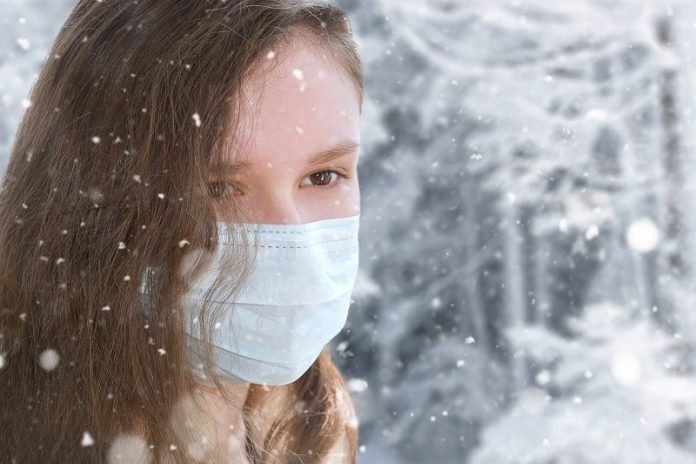
In a new study from the University of Liverpool, researchers found that mice infected with Omicron lose less weight, have lower viral loads, and experience less severe pneumonia than those infected with other COVID variants.
The findings are part of a growing body of evidence suggesting that the Omicron is more likely to infect the throat than the lungs, which could explain why it appears to be more infectious but less deadly than other versions of the virus.
Omicron is highly transmissible and partially or fully evades a spectrum of neutralizing antibodies due to a high number of substitutions in the spike glycoprotein.
A major question is the relative severity of disease caused by the Omicron variant compared with previous and currently circulating variants of SARS-CoV-2.
To address this, in the study a mouse model was used to assess and compare the relative severity of infection comparing an ancestral isolate with the Delta and Omicron variants of SARS-CoV-2.
The team found in contrast to mice infected with ancestral and Delta variant viruses, those infected with the Omicron variant had less severe clinical signs, showed recovery, and had a lower virus load in both the lower and upper respiratory tract.
This was also reflected by less extensive inflammatory processes in the lungs.
These data suggest the clinical consequences of infection with the Omicron variant may be less severe.
However, the higher transmissibility of Omicron could still place a huge burden upon healthcare systems even if a lower proportion of infected patients are hospitalized.
If you care about Covid, please read studies that slow walkers are four times more likely to die from COVID-19, and this existing drug could prevent COVID death.
For more information about health, please see recent studies about people who can fight COVID-19 much better than others, and results showing scientists find the most effective face-mask practices to reduce the spread of COVID-19.
The study is published in bioRxiv. One author of the study is Professor James Stewart.
Copyright © 2022 Knowridge Science Report. All rights reserved.




